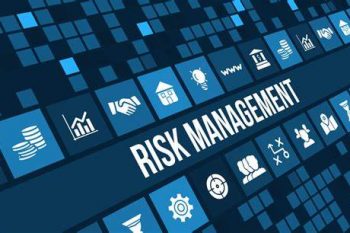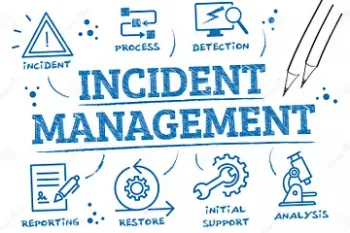Risk
Management
A one-stop solution for identifying, assessing and mitigating”
risks, while uncovering improvement opportunities.
Explore the depths of VerumPro’s
Risk Management Software
Explore the depths of VerumPro’s Risk Management Software, a one-stop solution
that focuses on identifying, assessing, and mitigating potential risks while also recognizing opportunities for improvement. It is a continuous, iterative process aimed at integrating safety measures and risk management into regular business practices.
Benefits
Features
Enhancing Service Quality and Safety
- Implements measures to ensure high-quality service delivery and a safer environment for both staff and service users.
- Creates a safer and more supportive workplace, which can lead to higher staff satisfaction and productivity.
Foundation for Decision-Making
- Provides a robust framework for making well-informed, data-driven decisions.
- Helps in developing and refining strategic plans based on comprehensive risk assessments.
Identification of Opportunities and Threats
- Utilizes various techniques to identify potential risks before they materialize.
- Identifies and leverages opportunities that arise from changing conditions and uncertainties.
Extracting Value from Uncertainty
- Transforms uncertainties into opportunities for growth and innovation.
- Develops flexible strategies that capitalize on market and environmental variability.
Proactive Risk Management
- Implements strategies to prevent risks before they occur.
- Continuously monitors risks to anticipate and address potential issues before they impact operations.
Resource Optimization
- Ensures that resources are used effectively to maximize benefits and minimize waste.
- Helps in identifying and controlling costs associated with risk management and mitigation.
Incident Management and Loss Reduction
- Improves the ability to manage and respond to incidents effectively.
- Lowers the overall cost of risk, including insurance premiums, through effective incident management and loss prevention.
Building Stakeholder Confidence
- Increases transparency and builds trust with stakeholders by demonstrating a commitment to managing risks effectively.
- Provides assurance to stakeholders that risks are being managed proactively and responsibly.
Compliance with Legislation
- Ensures compliance with relevant laws and regulations, reducing the risk of legal penalties.
- Strengthens corporate governance practices by aligning risk management with legal and regulatory requirements.
Corporate Governance
- Embeds risk management practices into overall governance structures and decision-making processes.
- Enhances accountability and oversight by clearly defining risk management responsibilities and processes.









